The Fast Diet - What Is It and How Does It Work?
Fasting diets have been around for centuries, but they have become increasingly popular. There are many different types of fasting diets, but they involve restricting your food intake to several hours each day or week. So how does a fasting diet work? And is it right for you? In this blog post, we will discuss the basics of fasting diets and help you decide if this type of diet is right for you.
What is a fasting diet?

A fasting diet is an eating plan that involves temporarily restricting your calorie intake, usually for several days or weeks. During this time, many people choose to consume only liquids, such as water, juice, and broth or eat only foods that contain very few or no calories. Proponents of fasting diets claim that these strategies can have numerous health benefits, including weight loss, improved brain function, and reduced risk of chronic diseases. While further research is needed to fully understand the effects of fasting diets on the body and how they compare to other popular eating plans, they do seem to be an effective way to lose weight in the short term. So if you’re looking to shed some unwanted pounds fast, a fasting diet may be worth considering.
What are the benefits of a fasting diet?
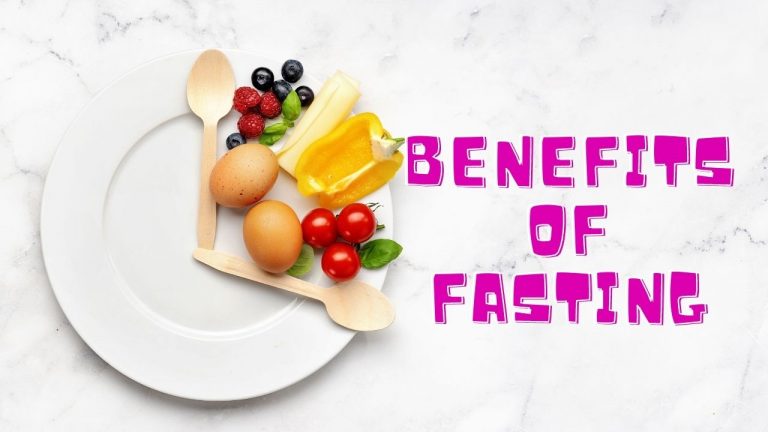
Today, many people are exploring the benefits of a fasting diet or a diet that involves restricting calorie intake. Proponents of fasting diets believe that they can help promote weight loss and have several other health benefits. For instance, fasting has been shown to trigger the body’s natural repair processes, which can help to clear up inflammation and reduce the risk for certain chronic diseases like heart disease and diabetes. Fasting can also increase certain hormones in the body, such as growth hormone, which is known to support weight loss and muscle mass gains. Overall, there are many reasons why a fasting diet might be worth trying for those looking to improve their overall health and wellbeing.
How does a fasting diet work?
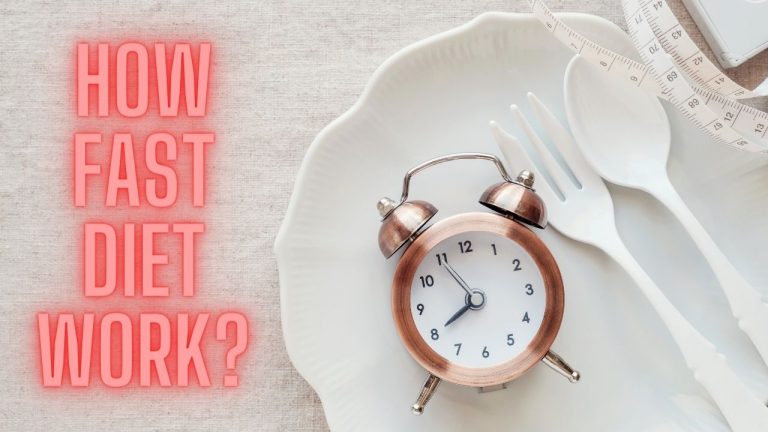
A fasting diet is one where you eat very little or no food for a while. There are different types of fasting diets, but they all have one thing in common: abstaining from food for a set period. Fasting diets can last anywhere from 12 hours to several weeks. Some people choose to fast for religious reasons, while others do it for health benefits.
What are the different types of fasting diets?
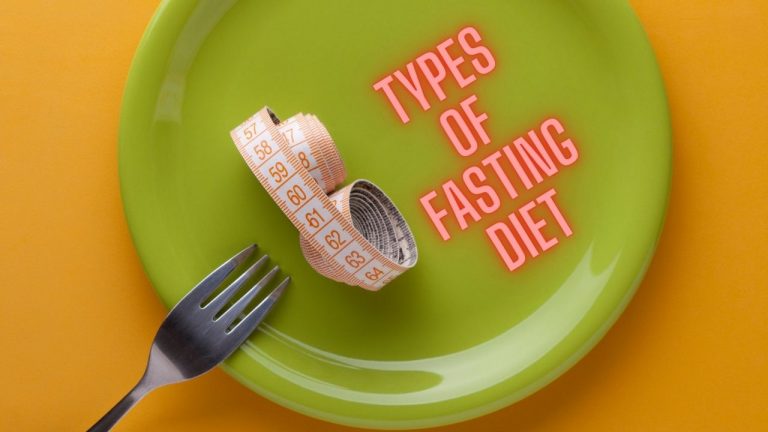
There are many different types of fasting diets, each of which offers unique benefits. The most common fasting diet is intermittent fasting, in which you alternate between periods of eating and fasting throughout the day. This type of diet can be highly effective for weight loss, as it helps to kickstart your metabolism and eliminate cravings for unhealthy foods. Another popular option is alternate-day fasting, which involves restricting yourself to a deficient number of calories on certain days and then eating normally on other days. This approach has been shown to have many health benefits, including reduced inflammation and improved cellular repair.
Additionally, various other forms of dietary restriction may involve periodic fasts or elimination diets that remove certain foods from your diet entirely. Ultimately, the proper fasting diet will depend on your individual needs and goals. However, regardless of which approach you to choose, you can be sure that you will see results if you stick with it!
What is the best fasting diet for you?
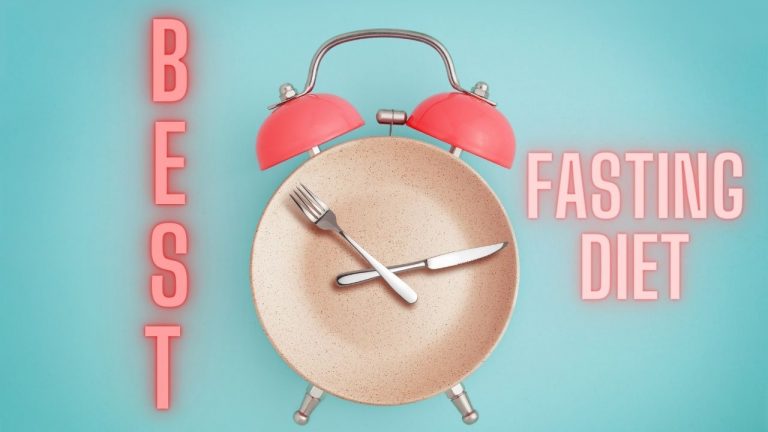
The best fasting diet for you is the one that fits best with your lifestyle and goals. If you’re looking to lose weight quickly, intermittent fasting or alternate-day fasting may be the best option. However, if you’re more interested in improving your overall health, a more restrictive diet like the paleo diet or whole30 may be a better fit. Ultimately, the best diet is the one that you can stick within the long term. So if you’re considering trying a fasting diet, be sure to do your research and find an approach that works best for you!
How to start a fasting diet?
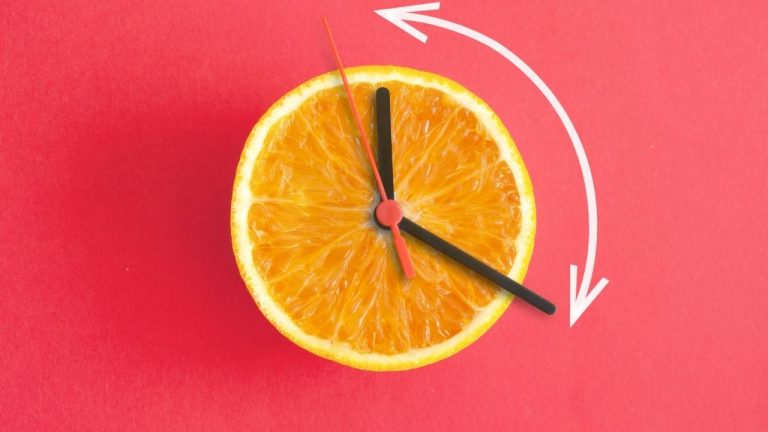
Fasting has become a popular way to lose weight and improve health. While there are many different types of fasting diets, they all have one thing in common: abstaining from food for a set period. Typically, people will fast for 12-16 hours per day, though some diets allow shorter fasting periods. The most important thing to keep in mind when starting a fasting diet is to listen to your body. Fasting can be challenging, and it’s essential to make sure that you’re not overdoing it. If you’re feeling lightheaded or dizzy, stop fasting and eat something. Once you’ve gotten used to fasting, you can start experimenting with different schedules and periods of fasting. There are no hard and fast rules for fasting, so find what works best for you. And always remember to stay hydrated!
The pros and cons of fasting diets
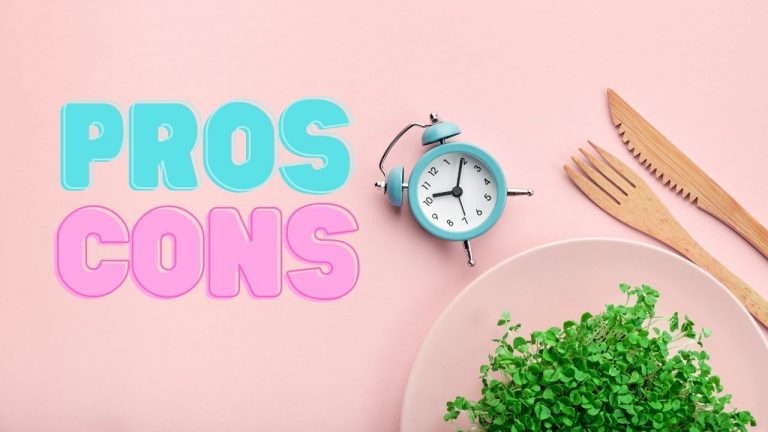
If you’re thinking about trying a fasting diet, it’s essential to weigh the pros and cons. Fasting can have significant benefits, but it’s not suitable for everyone. Be sure to do your research and talk to your doctor before starting any new diet.
Pros
Weight loss: Fasting can help you lose weight by reducing your calorie intake. What’s more, it can help to boost your metabolism and burn more fat.
Improved health: Fasting has been linked with several health benefits, including reduced inflammation, improved cellular repair, and increased autophagy.
Increased energy: Fasting can help to improve your energy levels by giving your body a break from digesting food.
Cons
Hunger: One of the most significant downsides of fasting is hunger. If you’re not used to going without food, you may feel irritable and lightheaded.
Difficulty concentrating: Another common side effect of fasting is difficulty concentrating. This is usually due to low blood sugar levels, so it’s essential to stay hydrated and eat enough on non-fasting days.
Low energy: While fasting can increase your energy levels in the long run, it can also lead to low energy levels in the short term. If you’re feeling fatigued, take a break and eat something.
FAQs about fasting diets
What are some tips for following a fasting diet?
If you’re thinking about starting a fasting diet, here are a few tips to help you get started:
– Talk to your doctor before starting any new diet, especially if you have any medical conditions.
– Start slowly and gradually increase the length of your fasting periods.
– Drink plenty of water and stay hydrated.
– Eat a healthy diet on non-fasting days.
– Avoid overdoing it. If you’re feeling dizzy or lightheaded, stop fasting and eat something.
What are some of the most popular fasting diets?
There are many different types of fasting diets, but some of the most popular include intermittent fasting, alternate-day fasting, and the paleo diet.
Can I still exercise while following a fasting diet?
Yes! Exercise is a great way to help your body adjust to
What are the risks of fasting?
Fasting can be dangerous if not done correctly. It’s important to talk to your doctor before starting any new diet, especially if you have any medical conditions. Some people may experience side effects such as dizziness, lightheadedness, and hunger. If you experience any of these symptoms, stop fasting and eat something.
Fasting can also lead to low energy levels, so it’s essential to get enough rest. And always remember to stay hydrated!
Conclusion
The Fast Diet is a great way to jumpstart your weight loss goals. If you’re looking for an easy, healthy diet plan that works, the Fast Diet is it. Have you tried the Fast Diet? What were your results?



